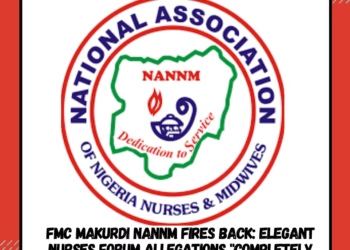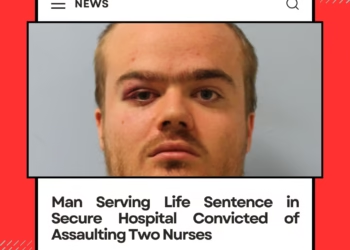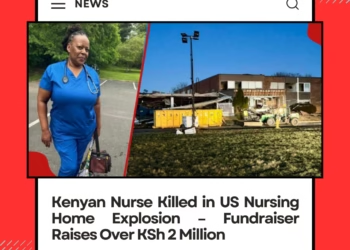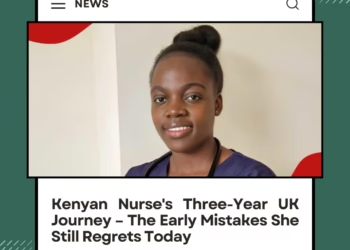Fellow Nurses Africa News || Accra Ghana || 28 June, 2025
Ghana Nurses Strike Threat: GRNMA Warns of Healthcare Crisis Over Broken Promises
Ghana’s healthcare system is on the brink of further disruption as the Ghana Registered Nurses and Midwives Association (GRNMA) warns of resuming strike action due to unfulfilled government promises. The escalating tensions highlight ongoing challenges in Ghana’s health sector, including poor pay, delayed allowances, and inadequate resources, threatening critical services like vaccinations and maternal care.

In a candid interview on GTV’s Breakfast Show, Jefferson Asare Danquah, the Greater Accra Regional Chairman of the GRNMA, expressed deep frustration over the government’s failure to honor agreements that led to the suspension of a prior nurses’ strike. “We are very disappointed with how we are being treated now. We suspended our strike action based on some promises and agreements that were made,” Danquah stated, underscoring a significant breach of trust.
The tipping point came when a crucial meeting between union representatives and the government, originally set for June 26, was abruptly postponed to July 10 with minimal explanation. “On the 25th, we received a letter of postponement of the meeting to the 10th of July, of which we were not aware. We had to meet at National Council for two days discussing this,” Danquah explained, emphasizing that such delays signal a lack of genuine commitment from the government.
Systemic Neglect Threatens Ghana’s Health Sector
Danquah’s remarks highlight a broader issue of systemic neglect toward nurses and midwives, who form the backbone of Ghana’s healthcare system. From administering vaccinations to ensuring maternal and child health, these frontline workers are critical to public health. Yet, their concerns—ranging from inadequate pay to delayed allowances and insufficient resources—have been repeatedly ignored. Danquah warned that neglecting the welfare of nurses directly jeopardizes citizens, asking, “Who is going to give that vaccination? Is it not the same nurses, the community health nurses, the midwives? If you don’t care about the human capital, what will the drugs do to us?”
This isn’t the first time Ghana’s health sector has faced labour unrest. In recent years, nurses and midwives have consistently raised alarms over poor working conditions and unfulfilled government promises. The current standoff follows a pattern of unresolved grievances, pushing the GRNMA to consider resuming industrial action.
A Looming Healthcare Crisis
The GRNMA has issued a clear ultimatum: if the government fails to implement promised changes by July, the union will pick up where it left off with its previous strike. “We agreed. We made an agreement that July is going to be implemented, and that is what we know. If we do not see any progress after July, we will continue from exactly where we ended,” Danquah declared.
A renewed strike could have severe implications for Ghana’s healthcare system, particularly for ongoing vaccination campaigns, maternal and child health initiatives, and routine medical services. As the backbone of healthcare delivery, nurses and midwives are indispensable, and any disruption in their services could exacerbate existing challenges in the sector.
The Path Forward
As the July 10 meeting approaches, the government faces mounting pressure to address the concerns of nurses and midwives decisively. Prioritizing the welfare of these essential workers is not just a matter of honoring agreements but a critical step toward strengthening Ghana’s healthcare system. Failure to act could lead to a full-blown crisis, with far-reaching consequences for public health.
The GRNMA’s warning serves as a stark reminder that healthcare systems rely on the dedication of their workers. For Ghana to maintain progress in areas like vaccinations and maternal care, the government must act swiftly to restore trust and ensure that nurses and midwives are valued and supported.
Fellow Nurses Africa is the independent voice of African nursing, we educate, inform and support the nursing profession.










